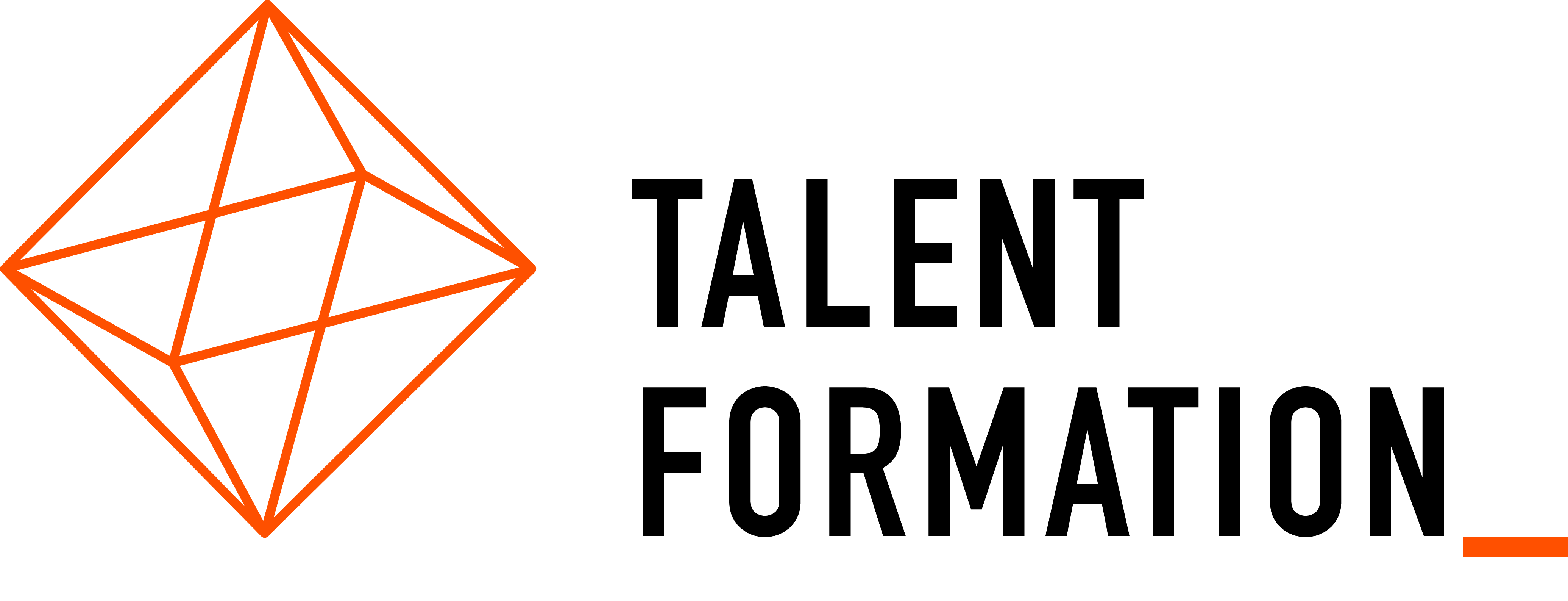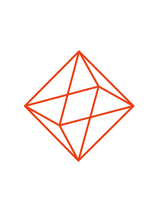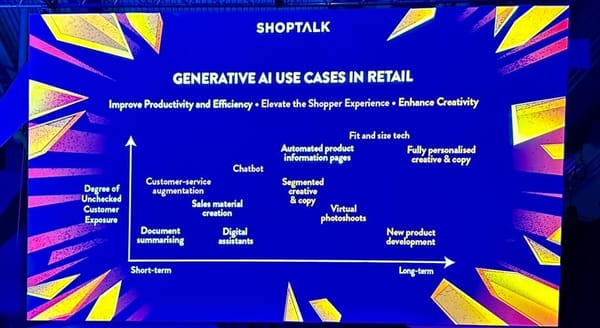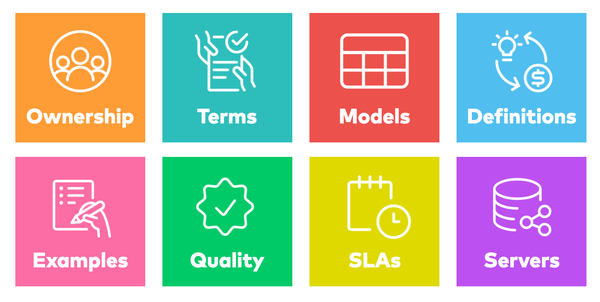A Definition of ‘Phygital’: The space where real and virtual dimensions meet

The origin of 'phygital'
Obviously, it is a mixture of the words physical and digital. It was coined in 2007 by Chris Weil of the advertising agency Momentum Worldwide. In its original context of marketing communications, it refers to building relationships with customers in both the physical and digital worlds.
From this communicative origin, it has spread to many other disciplines. In each field, phygital is used with a different meaning, but we feel it is too academic to analyze this here.
The hybrid space of reality and virtuality
From a holistic point of view, ‘phygital’ can be used to describe a hybrid space with real and virtual dimensions, resulting in phygital ecosystems such as robotics, the Internet of Things (IoT), artificial intelligence and augmented reality. This broader definition reveals that the term digital is too narrow to capture the full depth of virtual dimensions.
Digital means that data is generated, stored and processed in only two states: 0 and 1. We are so used to today’s ubiquitous electronic digital devices that we forget that digital can also be realized in physical space.
For example, one of the main drivers of industrialization, the automation of powered mechanical looms, was controlled by a mechanically digital controller using punched cards as data storage.
Merging physical and virtual spaces
Therefore, the term virtual would be more appropriate than digital to denote the space beyond the physical, and digital is only the means to create and maintain virtual spaces. Consequently, ‘phygical’ or ‘phyrtual’ would be more precise terms to bring physical and virtual spaces together from a holistic point of view.
But not only are both terms phonetically even more challenging than phygital already is, phygital is also better known and can be considered an established term: A search in Google Scholar yields about 2,530 hits for “phygital”, 23 for “phyrtual” and 0 for “phygitual”. To put this into perspective, for example, “IoT” (Internet of Things) yields about 1,520,000 hits (all hits checked in October 2022).
What it is not
As explained above, the term ‘phygital’ needs to be defined in the context in which it is to be used, as do many other terms in business and even science. It seems easiest to exclude what should not be included. Anything that is supposed to remain virtual and in a meta-space is not phygital because it lacks physicality.
So if an avatar in a meta-space buys a pair of shoes that could potentially be produced in reality, but there is no intention of ever doing so, it is a digital or virtual or meta product, but not a phygital one.
The definition of phygital
In summary, we define ‘phygital’ as follows:
- The development process of physical goods that uses digital tools to simulate the production and function of the goods and to allow the customer to experience them in a virtual space using virtual or augmented reality tools. Such a process can be called phygital.
- A good, i.e. a tangible product, that provides value to its users through physical and digital characteristics. Such a product can be called phygital.
- A good, again in the sense of a tangible product, that is connected to a larger system via the Internet. Such a system may be called phygital.
Autor

Prof. Dr. Lars Ilius
Head of Phygital at TalentFormation.com GmbH, Hamburg.
If you find this interesting, please also consider reading our article about Phygital Product Development by Daniel Neuberger, Head of Product Coaching at TalentFormation.
TalentFormation is a Company Rebuilder that helps bigger companiestransform their organization and develop, implement and operate new digital business models to perform and grow sustainably.
Together with a growing network of tech service providers, solopreneurs and freelancers, TalentFormation forms highly effective product teams that enable companies to compete with disruptive competitors. For small business owners, we provide the environment to build and scale their company within the TalentFormation Network.
Founded in 2009 in Hamburg, we focus on Company Rebuilding projects in Consumer Products, Mobility, Health, Energy, and other future-proof industries, both for manufacturers and retailers.





